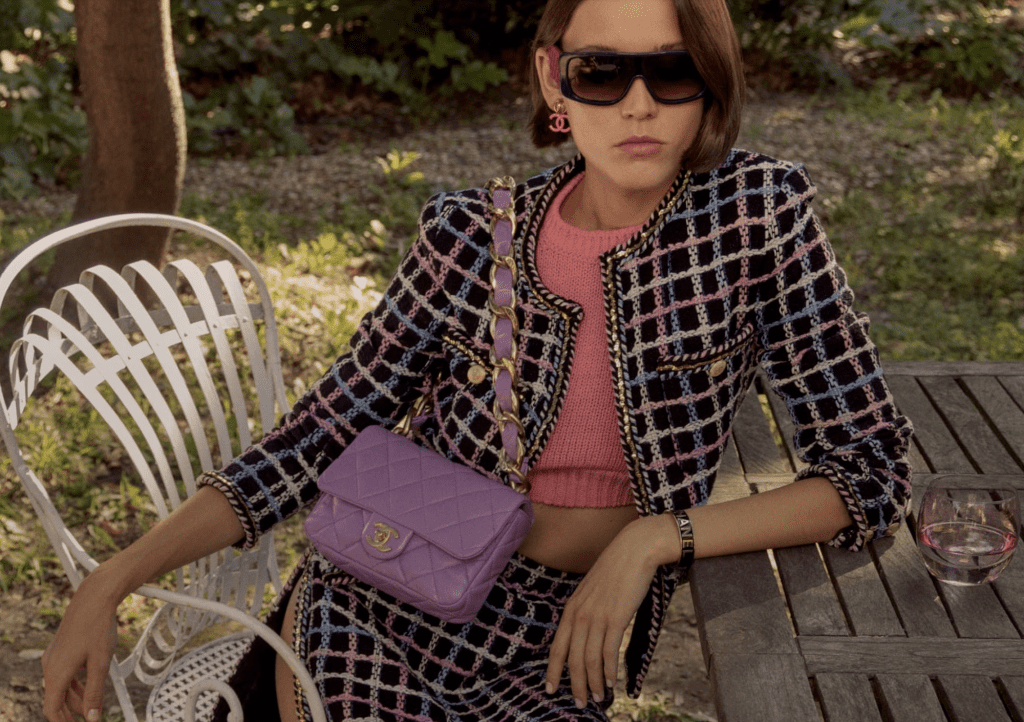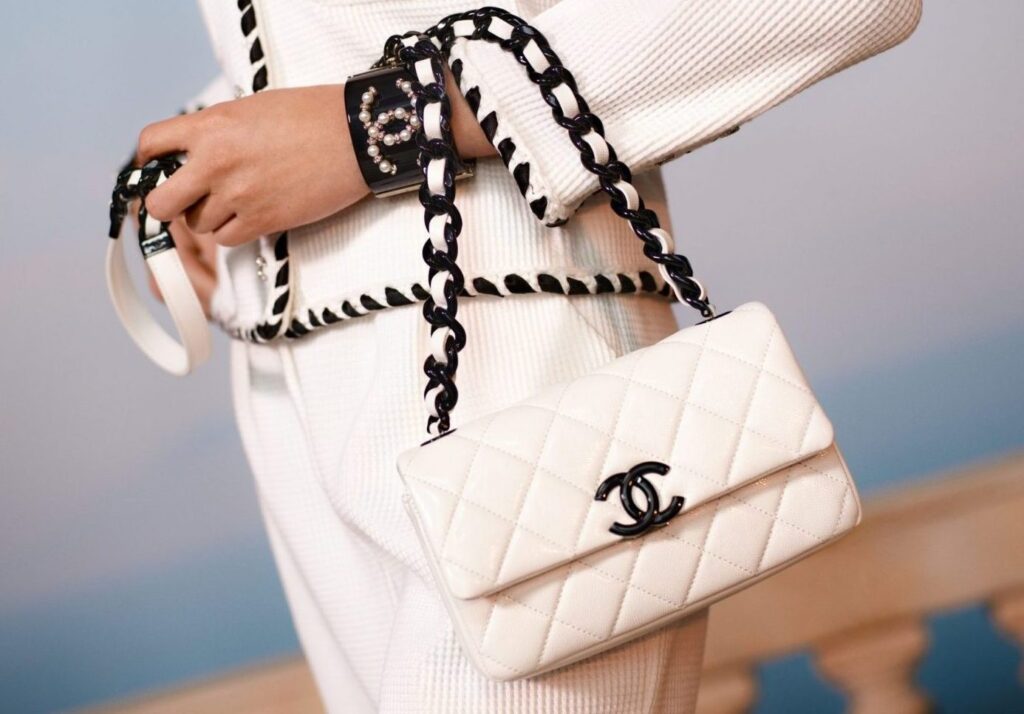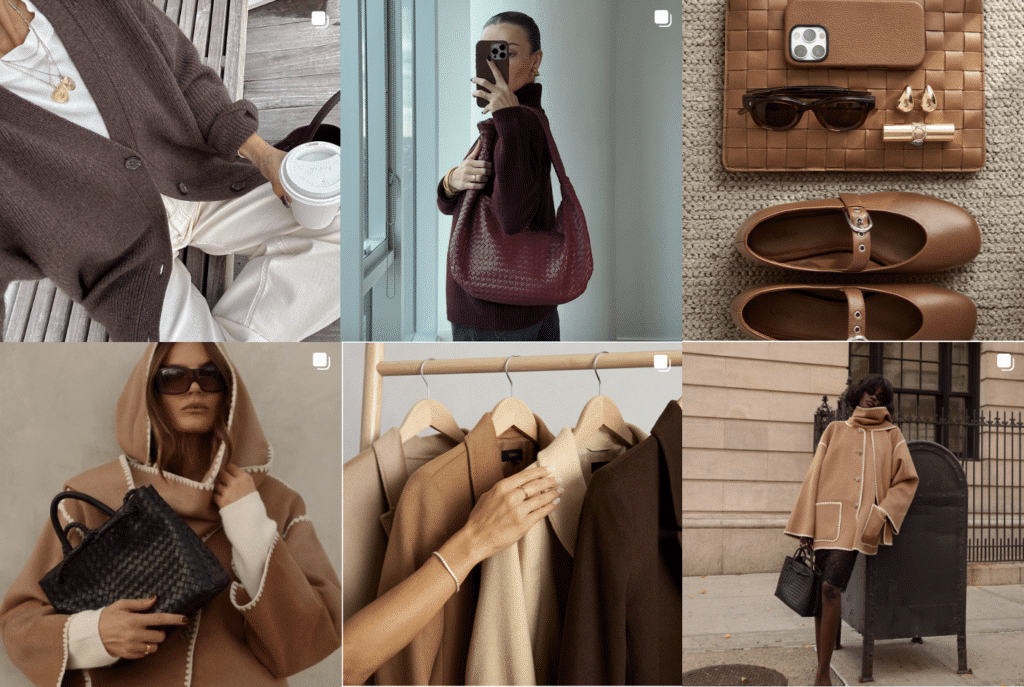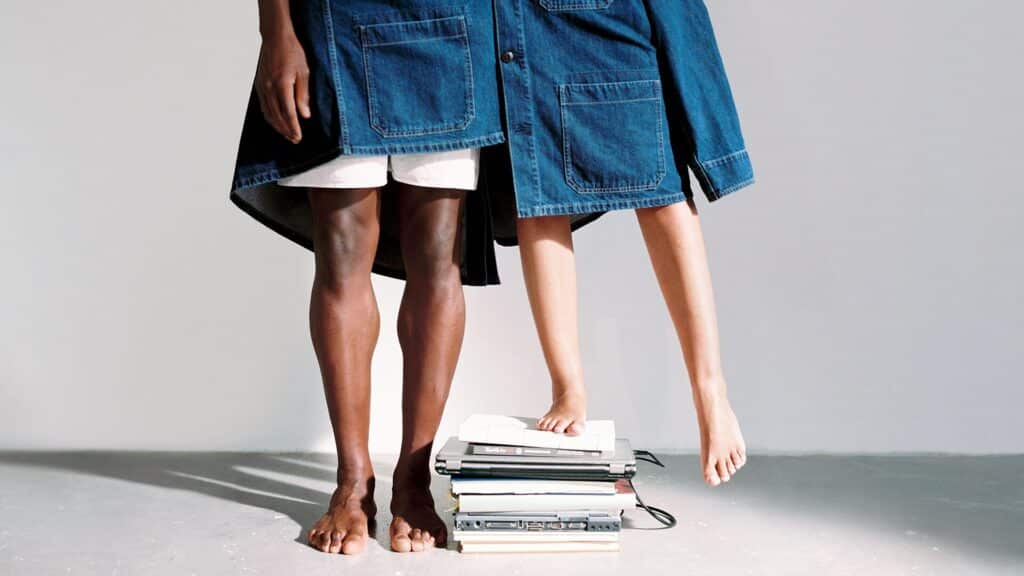The latest luxury price increase is here, with Chanel putting new hikes into effect on March 3 in Europe, South Korea, the United Kingdom, Taiwan, Hong Kong, Australia, and Canada. Reflecting on the rise in prices for certain bags, the brand’s President of Fashion Bruno Pavlovsky said that they follow from the price harmonization policy that Chanel put into place in 2015, which the brand implemented in order “to guarantee that differences between the retail prices of its products do not vary by more than 10 percent from region to region,” and thus, to fight against price arbitrage, or the practice of purchasing products in one market in order benefit from lower prices, and then selling those goods for a higher price in a different market, thereby, fueling a burgeoning grey market.
“Our objective is to offer the same price everywhere to limit the parallel market, [which is] an important signal to our customers, because it is a way of engaging with them in an honest way,” Pavlovsky told WWD about the latest price rises from Chanel, which has increased the pricing of its classic models four times and more than 50 percent since the pandemic started. “Nowadays, there is no reason to penalize a Chinese customer versus an American customer. It is normal that they should pay the same price for the same product.”
The U.S. and more interestingly, the Chinese market are not included in the latest round of price hikes, which means that “the pricing differential between China and Europe has fallen yet again and is now below 10 percent,” according to Jefferies analyst Kathryn Parker. The price of “most other luxury brands’” products is 30 to 40 percent higher in China versus their native, which certainly leaves room to ruffle feathers of luxury-loving Chinese netizens and add fuel to the daigou market in China, which has been hit in the wake of a COVID-induced interruption of international travel.
A Shift to Resale?
As for what such consistent price increases by brands could mean for the luxury goods market more broadly, The RealReal, for one, expects to benefit from the recurring boosts coming from luxury’s biggest players. On the heels of reporting Q4 and full year 2021 revenues on February 23, which saw it generate $468 million in revenue for the year (up 56 percent from 2020), management for the San Francisco-based luxury resale giant said that in addition to consistently expanding the use of technology in its operations, which has helped to “improve unit economics, enable scaling of the business, and drive higher average selling prices,” the company anticipates that efforts by luxury groups like Chanel, LVMH, Kering, and co. to raise prices will prompt a shift in the luxury space that will work in its favor.
(Chanel is, of course, not the only one pushing up its price tags. Louis Vuitton increased its prices in February by as much as 26 percent. Kering’s management revealed around the same time that it would increase prices across its brands, following price increases for its big brands in 2021. Gucci, for instance raised prices twice in 2021. Dior has been implementing prices hikes for its bags, such as the Medium Lady Dior, which is up by almost $1,500 from 2019, and Hermès confirmed that its prices have increased across the globe by an average of 3.5 percent.)
Speaking to analysts on February 23, The RealReal founder and CEO Julie Wainwright stated that LVMH’s “fairly hefty increases in [the prices of] their handbags absolutely benefits resale and certainly benefits us and our consignors.” Wainwright asserted that such price hikes by LVMH – which mirror overarching trends across the luxury segment – “allow us to raise the price of those bags,” while “still offer[ing] a better value for the consumer.” Growth in metrics, such as average selling price on a unit basis and average order size, over the past two years, in particular, shows that The RealReal is “getting a bigger share of wallet and people are embracing resale,” she noted.
While handbag sales have “been strong all through COVID” and “continue to be strong,” Wainwright says that she expects to “see some people shifting out of the primary retail market to resale as the price differential continues as the luxury brands raise their prices.”
The notion is not entirely outlandish, especially giving the rising discontentment of at least some consumers when it comes to the ongoing price hikes from the likes of Chanel. “People are shocked not just by the number of times Chanel is raising prices but also by the amount,” Meaghan Mahoney Dusil, co-founder and CEO of PurseBlog.com and PurseForum.com, told the Wall Street Journal last month. “They are also complaining that the quality is not increasing in line with the prices.” Luxury-focused resellers like The RealReal and Fashionphile are seeing benefits from this – ranging from increased prices on their Chanel-branded offerings to an up-tick in searches (and purchases) for Chanel bags.
Fashionphile founder Sarah Davis recently confirmed that price increases from luxury brands like Loiuis Vuitton and Chanel paired with inflationary pressures will likely be “a boon for luxury resale,” as they are “fueling the increasing appetite for pre-owned ultra-luxury.” Meanwhile, the annual consignment report that The RealReal released in January suggested that it has seen a direct impact from Chanel’s recurring rises: The resale price of Chanel Flap Bags on its site and in its stores grew by an average of 11 percent over the course of 2021.
While the increasingly frequent price price boosts do appear to be having a positive effect on the resale market, they are unlikely to spur a seismic shift away from retail, at least for luxury brands like Chanel, which have more room than their more mid-market counterparts to increase the price tags of their offerings without alienating their core pool of consumers. Ultimately, “as much as some people are upset at Chanel’s price increases, they are still buying,” Mahoney Dusil says. As the prices go up, “it becomes unattainable for some, but the core customers will not be priced out.”
Against this background, the question remains if/when Chanel will move more aggressively to bring resale under its own roof in order to control this enduringly popular aspect of the market.














